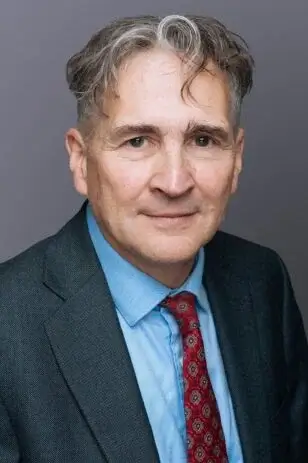KA was acquitted on four terrorism charges after a three-week trial at the Central Criminal Court on Friday 16th December 2022.
KA, a young man of good character who had been remanded in custody for over a year awaiting trial, was charged with dissemination of three terrorist publications in May 2020, and possession of a machete in circumstances which give rise to a reasonable suspicion that his possession was intended for a purpose connected with the commission or preparation of an act of terrorism in October to November 2021. The jury returned unanimous verdicts of Not Guilty on all counts on the indictment after approximately two hours of deliberations.
The Crown relied extensively on ‘mindset’ material to suggest KA had an ‘extremist’ mindset. This included reliance on videos, audios, nasheeds, social media messages and posts, and internet history, amongst others. The Crown suggested KA had been radicalised through exposure to ISIS, Taliban, Al-Qaeda, and other propaganda material.
The three-week trial included detailed argument and examination on the following issues:
• Extensive and successful legal arguments on ‘mindset’ material;
• The objective parameters of a terrorist publication under section 2 of the Terrorism Act 2006;
• The change in burden and standard of proof in relation to section 57;
• Section 8 disclosure applications for evidence that may undermine the crown’s case and/or assist the defence;
• The admissibility of expert opinion evidence on the subject of what may constitute a terrorist publication;
• Engagement of Article 10 of the European Convention on Human Rights during an assessment of what constitutes a terrorist publication, and when assessing mindset material, including unpalatable speech;
• Geopolitical issues, including the background to the Syrian conflict and atrocities committed; the legitimacy of the Assad regime; whether specified militia groups in various parts of the world were religious or political in nature;
• Cultural and linguistic issues, including to what extent a passive prayer may be framed in the context of encouragement or inducement to commit acts of terrorism, significance of a Shahadah flag, and the use of certain Arabic terminology and their context dependent meaning;
• Theological issues, including examination of the belief system of various sects, types of Salafi and other Islamic groups, interpretation of verses of the Quran and Hadith, definition and scope of terms such as ‘khawarij’, and ‘takfir’, and the proper meaning of ‘jihad.’
The defence instructed technical experts to examine numerous seized devices, and an expert on culture, language, Islamic law, with experience of terrorist materials to assist.
1MCB Chambers’ Soraya Bauwens and Rabah Kherbane (Doughty Street Chambers) were instructed as juniors by Amer Ahmad at JD Spicer Zeb Solicitors. Sultana Tafadar KC (No5 Barristers’ Chambers) was instructed as leading counsel.




